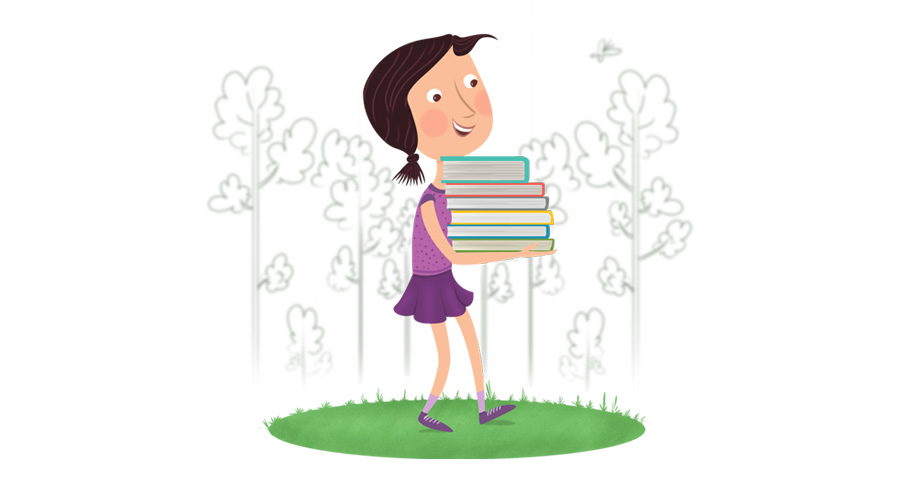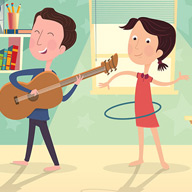In a time where screens are ruling the lives of young children and even adults across the globe, it is difficult to push children to read. A majority of the websites geared towards children focus on short pieces of information coupled with pictures and images. Children are no longer mentally wired towards reading large pieces of information in one go. The only place they do so is at school, hence their reticence towards doing it at home or during their free time. Children need to be nurtured and gently guided towards the realization that reading is not an activity only practiced in school.
If your child is showing visible discomfort towards reading large pieces of writing, it is important to get to the root of their uneasiness. In a worst case scenario, your child may have a genuine issue such as a mild form of dyslexia. However, more often than not, an under confident or scared reader, is more bothered by the act of reading, rather than having a learning disability.
It is important to inculcate the habit of reading by making a game out of it – let reading become an activity your child associates with fun, rather than as a punishment. Start small – by reading street signs and billboards, possibly associating a reward system with the act. Children as easily incentivized into reading more often than they previously did.
It is also important to remember that children should be given the option to read the kind of books THEY want to read, rather than your recommendations. There are many beautifully illustrated and wonderfully written graphic novels available for children in the market – a great jumping block for new readers.
Rewarding or noticing small achievements in your child’s reading skills also pushes them to read more. It may seem trivial to compliment your child on reading a word they earlier had difficulty with – but in their mind, it makes a world of difference. The smallest of steps made by your child is a big achievement and shouldn’t be dismissed or taken lightly.
Take out the time to sit with your child when they read, reading along with you may make them feel like they aren’t alone. Many children become self conscious while reading out loud – it could be easier for them to read to a younger sibling or even an inanimate object like a stuffed toy.
It doesn’t take much to compel children to read more often. Take a little time out to see what works for your child; it isn’t a one-size-fits-all.







